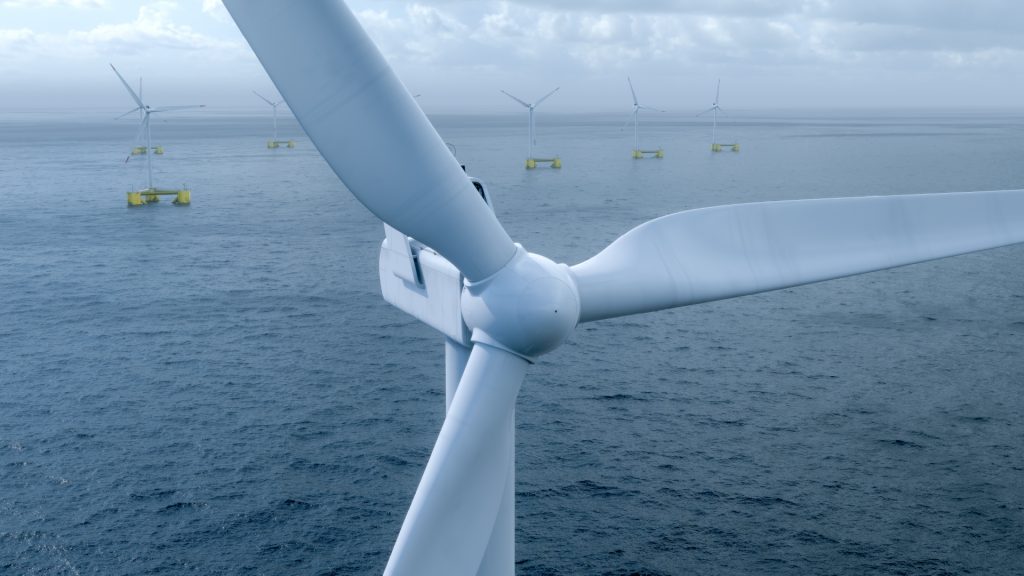
Regardless of what the denials of climate change that now go through our federal government would make us believe, we understand climate change: the mechanisms behind it, our role in it and the threats he represents for our well -being. We also know that this climate crisis and the frosting raw material industries are economically disadvantaged and politically marginalized communities much stronger than their richer colleagues.
How do we postpone our consumption habits near home?
And although President Trump’s demands are deserved for investments in our infrastructure and jobs, we know that the support of the industry for fossil fuels is not the answer. Renewable energies now make up more than half of all new electricity generation capacities installed in the USA. Every year, employment in the field of renewable energies quickly exceeds the growth of the raw material industry.
We are already seeing the transition. The question is: Can we recognize the chance to create the same competitive conditions and to secure a future that is driven by the cleaner, which is invested in the municipality that invests in the local economy and maintains the rights of man and nature?
Power shift:
A fair transition to an economy based on renewable energies offers a strong opportunity to eliminate deeply rooted inequalities. How do we ensure that the voices of those who have been historically ignored and exploited are heard equally? Where are examples of locally operated and operated clean electricity generation? And how did they come about?
Adjustment:

Even if we were to fully cease to extract fossil fuels today, we would also see the effects of climate change in the future. People on the front of the environmental crisis – those who live from the country or on the edge of the country, those who are directly or indirectly affected by the extraction, but do not have the means to change – are already adapting. How do municipalities prepare for dangerously irregular weather conditions? How is a culture alive when it is bound to a disappeared country? How can we encounter the adverse effects on health that are outsourced by the economy of fossil fuels? How can municipalities use the sustainable resources in their area to strengthen their local economy and preserve their independence?
Nutritional sovereignty:

The modern production and distribution of food contributes significantly to climate change and is a dirty one that widely spreads and damages the ecosystems. How do we postpone our consumption habits near home? How are people whose cultural roots for food have been separated by the regrown of industrialized food? How do we eat a growing population sustainably?








